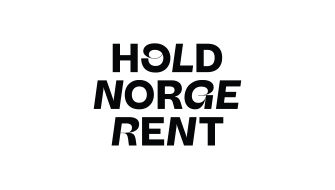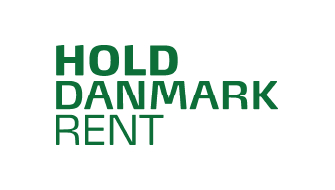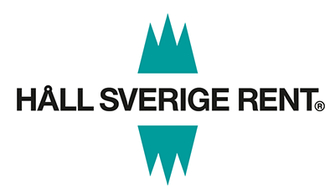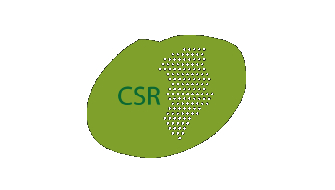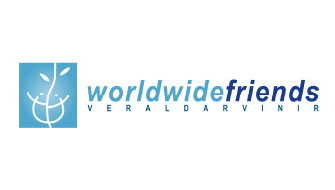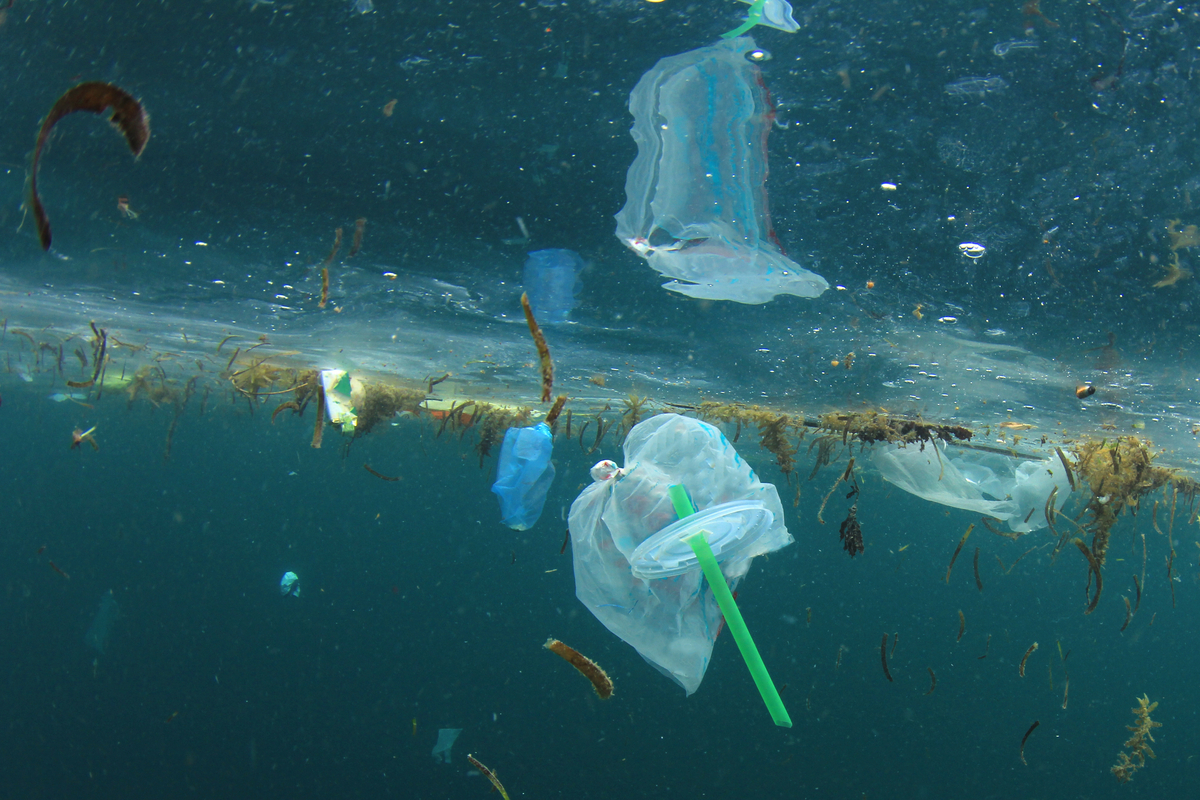
Nordic Coastal Cleanup
Prevention of marine littering in the Nordic region through awareness raising work and knowledge-based decisions.
Together against marine litter
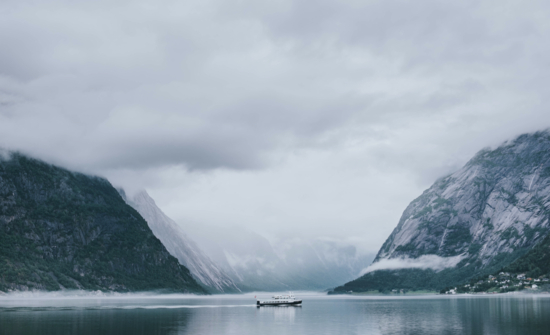
The Nordic Coastal Cleanup gathers people from all over the Nordic countries to help save our coasts from litter. Close to 200 000 people have joined the movement so far.
Marine litter is one of the world’s largest environmental threats, and in recent years both knowledge and awareness of the problem has increased across the world as well as in the Nordic countries. To combat this problem, the world must focus on litter prevention as well as on cleanup actions.
The main aim of the Nordic Coastal Cleanup is to mobilize volunteers and pick litter from our beaches along the coast and inland along rivers and lakes throughout the Nordic countries. We also seek to fill the knowledge gap about the sources of marine litter in the Nordic countries by conducting beach monitoring and data collection.
Our Results
Our findings support findings from both national monitoring projects as well as international projects such as OSPAR. The composition of marine litter in the Nordic countries is in general fairly similar across the region, and compared to international data, fisheries are a larger source of litter in the Nordic region than elsewhere in the world.
95% of the litter found on the reference beaches in 2024 was plastic.
During the period 2021–2024, Nordic Coastal Cleanup Day/Nordic Coastal Cleanup Tour has engaged more than 150,000 volunteers and removed over 500 tons of litter from nature
Historical data
All Nordic countries Norway Denmark Sweden Finland Åland Faroe Islands Iceland
Nordic Coastal Cleanup Network Conference
In 2024, the Nordic Coastal Cleanup Network gathered for its annual conference. Over two days, participants shared inspiration and knowledge on the issue of litter on Nordic beaches and discussed effective measures to address it.
Future projects were planned, and the development of a joint protocol for monitoring beach litter in the Nordic region was explored. Key speakers included marine litter expert Jakob Strand, Marie Karlberg from the Nordic Council of Ministers, and Christian Lagoni from the Föreningen Norden.
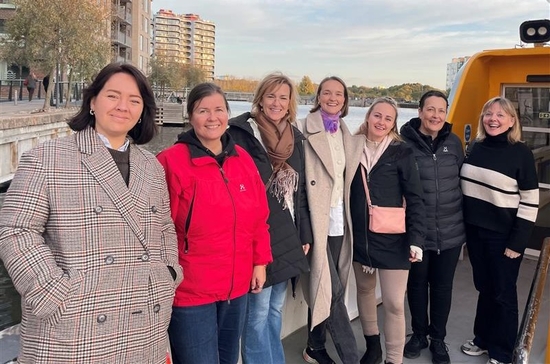
Member Countries
Finland & Åland
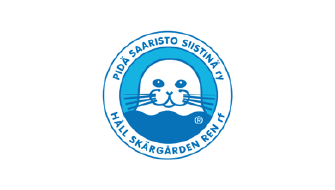
Contact
Finland: Julia Jännäri, julia.jannari@pssry.fi
Åland: Kimberly Terry, kimberly.terry@pssry.fi
Faroe Island
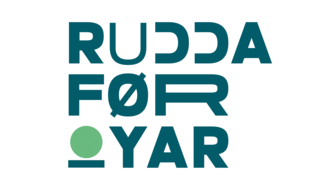
Contact
Beinta Gaard Davidsen, bgd@hotmail.dk
Annika Arnsteinsdóttir Nielsen, annika.a.nielsen@gmail.com
Nordic beach litter monitoring
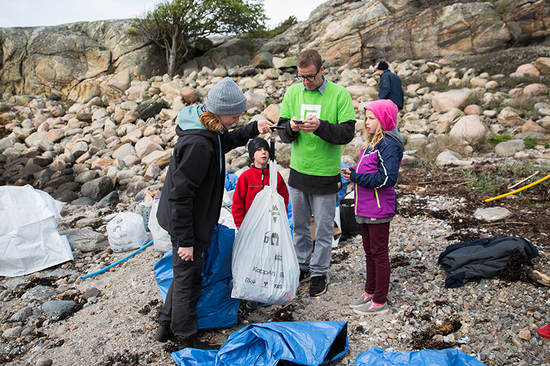
Knowledge is important, and more data about what type of litter that ends up on our beaches is essential to be able to implement effective and targeted measures against litter. That is why we do monitor of beach litter. We use a modification of the OSPAR methodology and have developed a Nordic protocol based on Ocean Conservancy's protocol. The Nordic mapping protocol contains fewer litter categories as well as being specifically developed for the Nordic countries. A common Nordic protocol ensures the use of the same methodology in all countries and forms the basis for collecting comparable data from all sites.
Methodology
1. The areas to be mapped are divided into 100 x 10 meter transects.
2. The litter is divided between 20 different categories of litter.
3. If possible, identify litter originating outside the Nordic countries.
4. Each country is responsible for monitoring three areas; an urban, peri-urban and rural area.
5. The protocol differentiates areas that lie along the north, south, east, or west coasts.
Participants
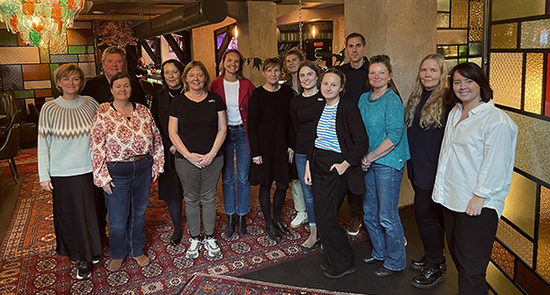
The Nordic Coastal Cleanup-network consists of 7 organisations. CSR Greenland, Keep Denmark Tidy, Keep Norway Beautiful, Keep Sweden Tidy, World Wide Friends, Keep the Archipelago Tidy (Finland and Åland) and Rudda Føroyar (Faroe Island) are all part of the network. We choose to join forces because collaboration makes us stronger and because we share a common vision of a sustainable future and a healthy ocean!
Read our policy brief
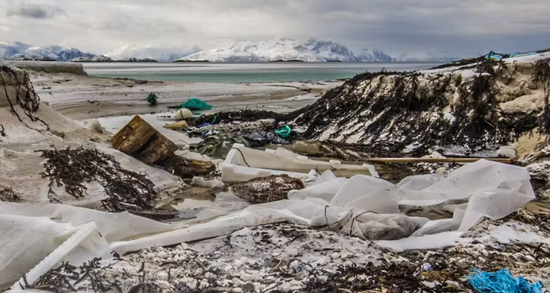
This report is based on the work on the Nordic Coastal Cleanup project in 2017 and 2018. Nordic Coastal Cleanup is a collaborative project between eight Nordic partners who together aim to contribute to the work against marine litter in the Nordic region: CSR Greenland, Keep Denmark Tidy, Keep Norway Beautiful, Keep Sweden Tidy, World Wide Friends, Keep the Archipelago Tidy and Rudda Føroyar (Faroe Island). The report describes voluntary clean-up as a tool to combat marine litter and presents the results from the Nordic beach litter monitoring. On the basis of the project participants' experiences and the knowledge gained through the project, a number of recommendations are presented for the Nordic region's further work against marine litter.

Thanks to Clinton marine surveys AB, for your donation to the Nordic Coastal Cleanup network during 2024.
